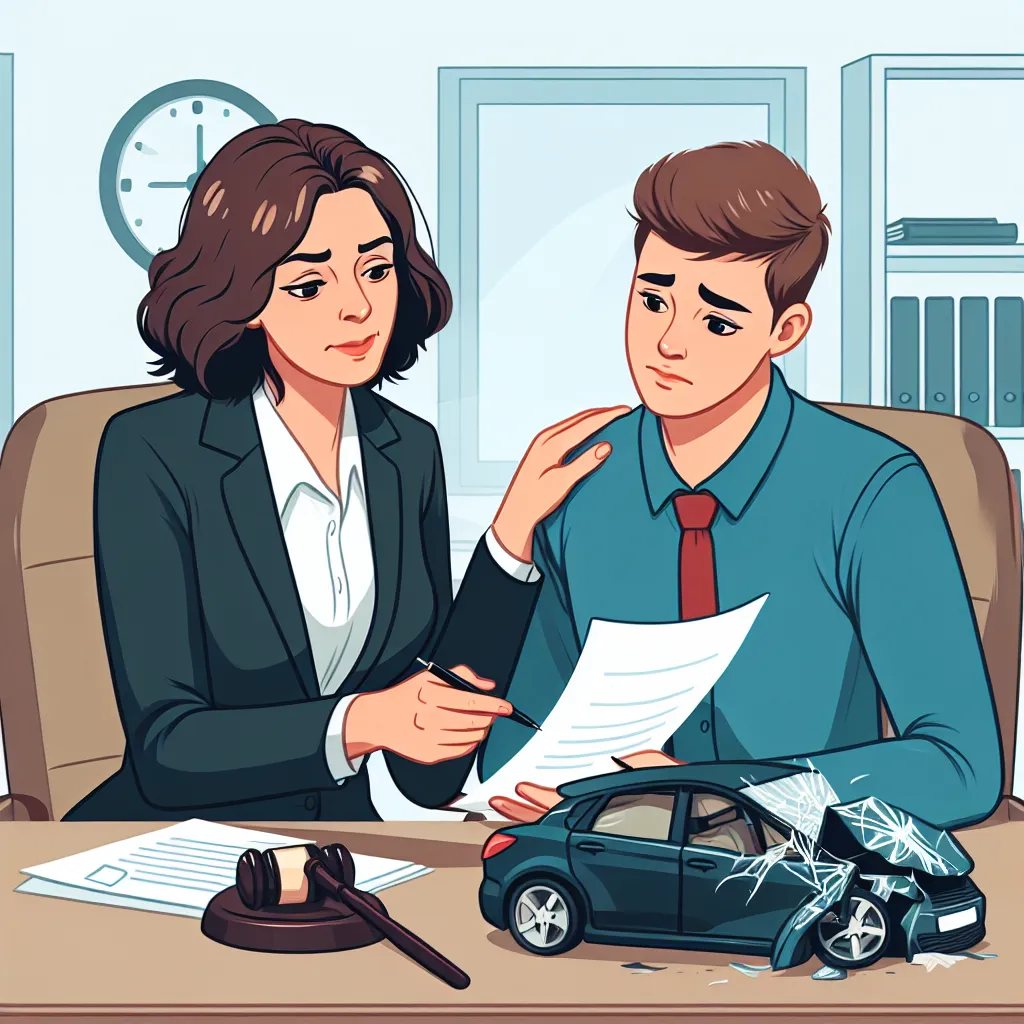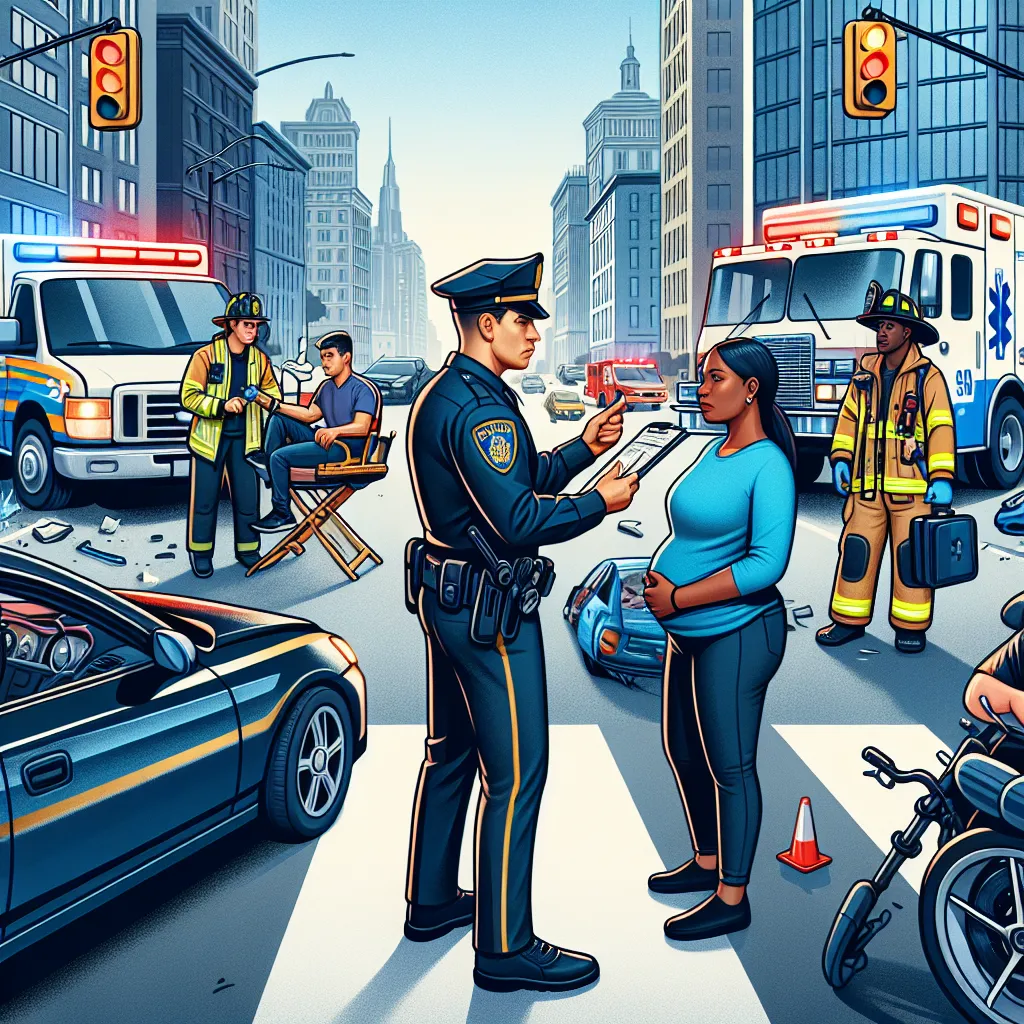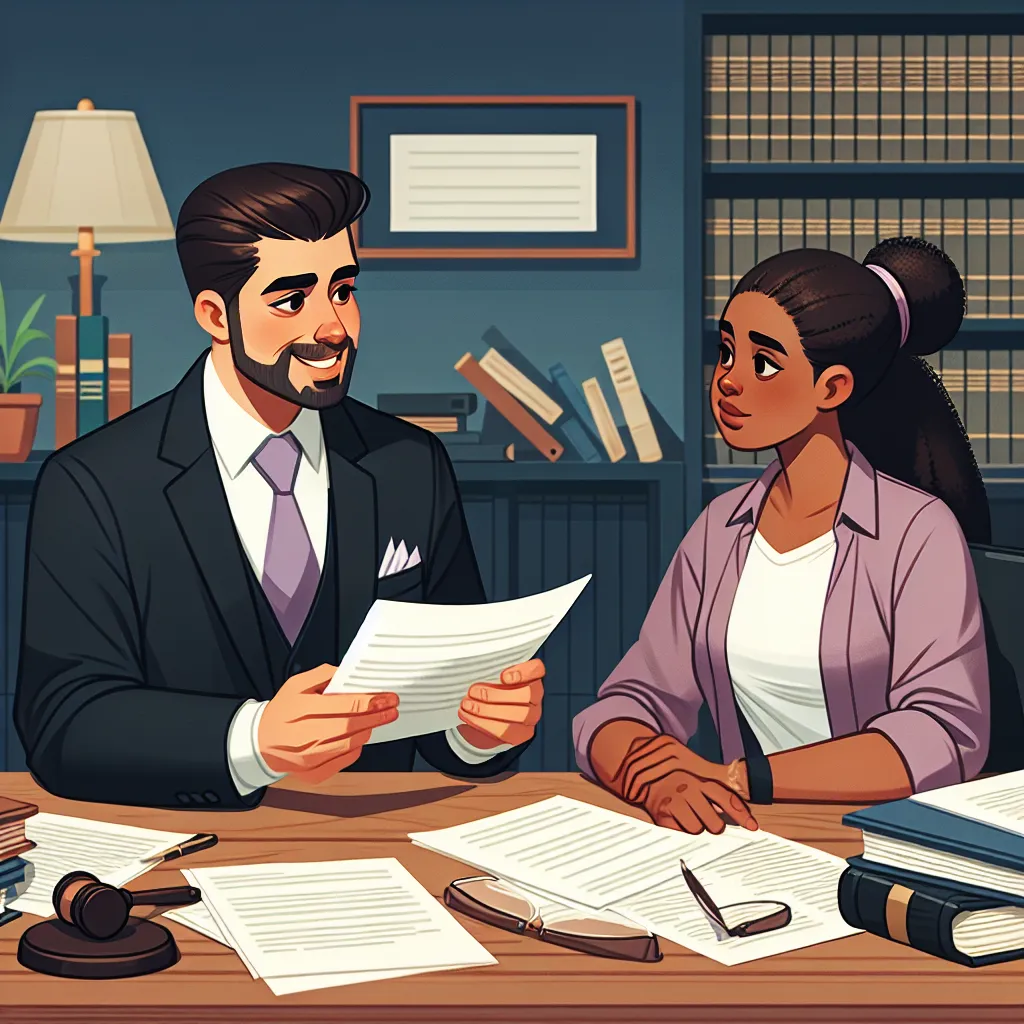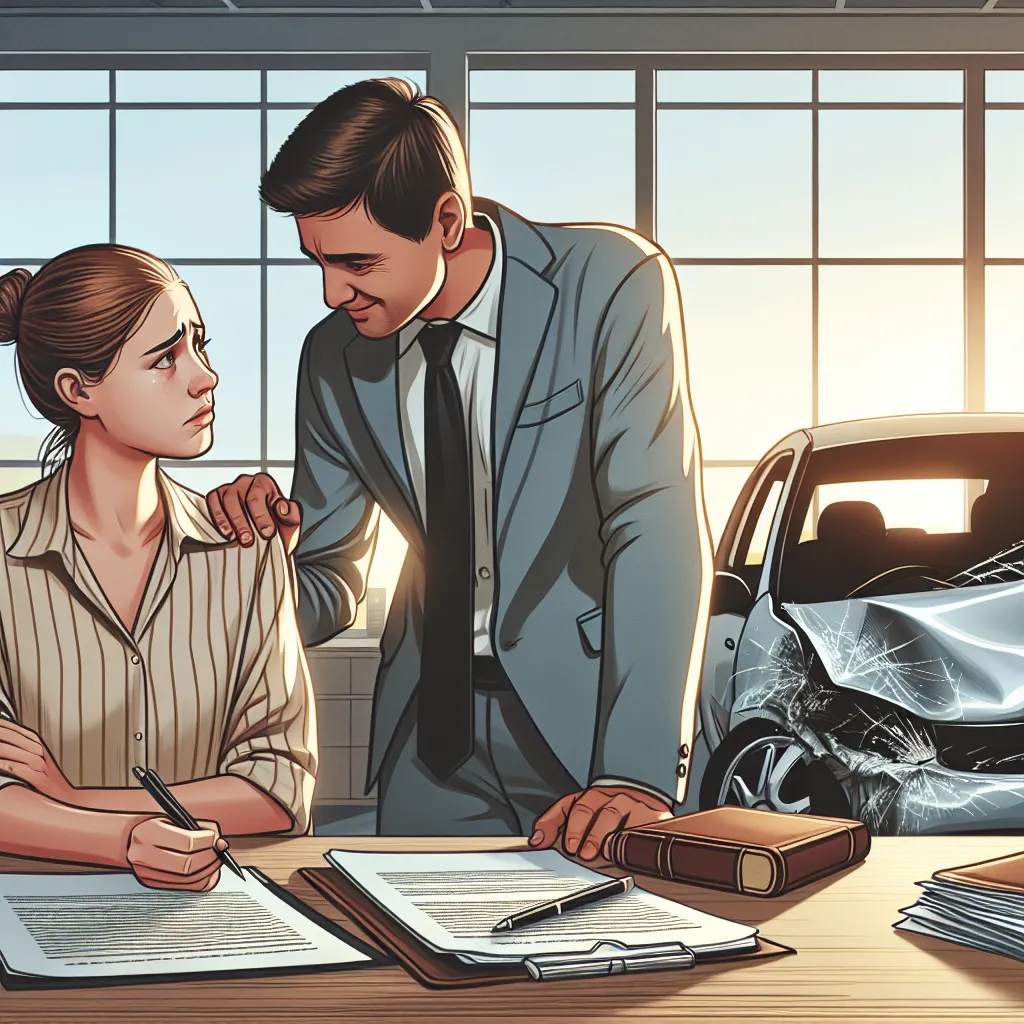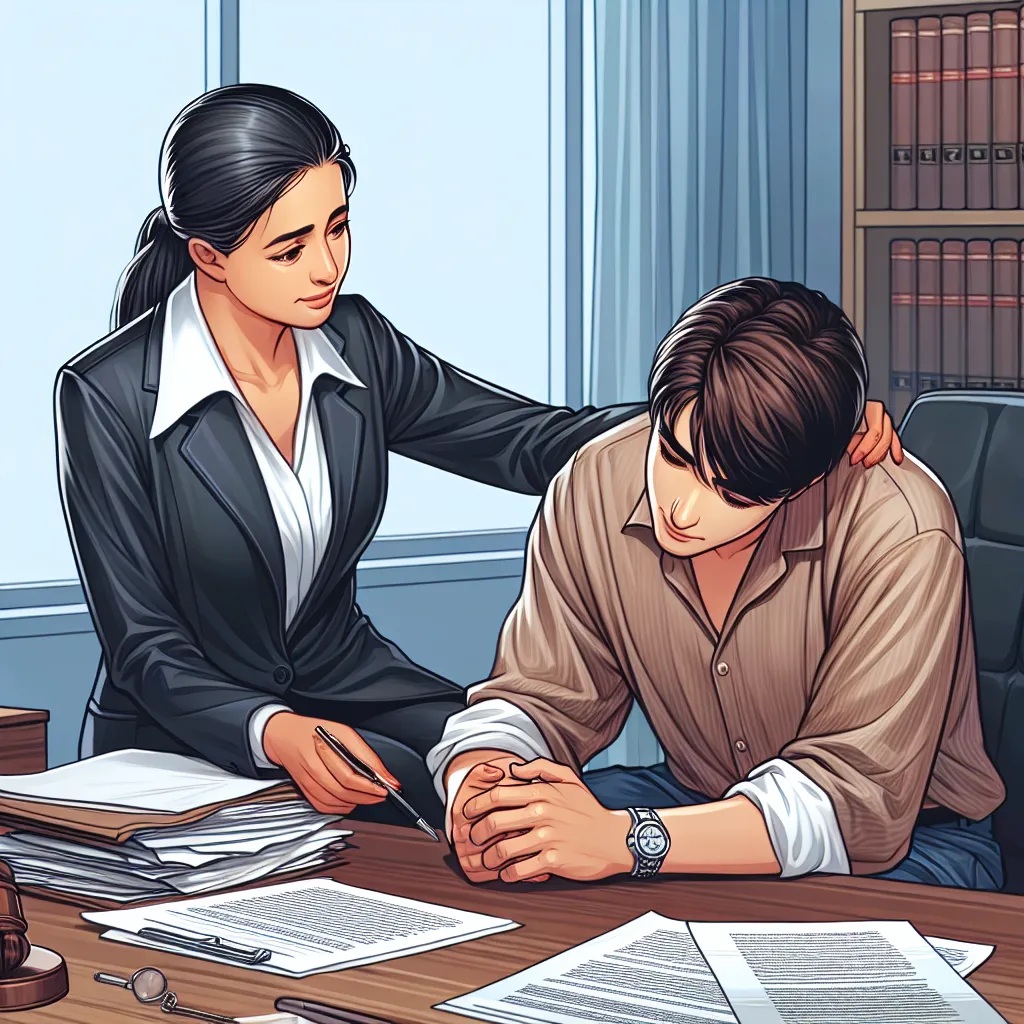We often think the best car accident lawyers are only for big, headline-making cases. But the truth is, anyone hurt in a crash—even a fender bender—can benefit from expert legal help. Navigating insurance, medical bills, and lost wages is overwhelming, and without the right guidance, you risk leaving money on the table. If you’re searching for the best car accident lawyers, here’s what really matters and how to sort the real pros from the sea of billboards and flashy ads.
What Makes the Best Car Accident Lawyers Stand Out?
Let’s cut through the noise. The best car accident lawyers aren’t just the ones with the biggest settlements or the flashiest TV commercials. We care about results, yes, but also about how they get them.
Why It Matters
Car accidents upend lives. You might be facing chronic pain, lost income, or even the loss of a loved one. The right lawyer can mean the difference between a lowball insurance offer and a settlement that truly covers your needs. That’s why being choosy is not just smart—it’s essential.
Key Benefits of Hiring the Best Car Accident Lawyers
1. Maximized Compensation
- Lawyers know every category of damages you can claim, from medical bills and lost work to pain and suffering.
- They can push for future costs, not just what you’ve already paid.
2. Expert Negotiation Skills
- Insurers have seasoned pros on their side. You need someone who can go toe-to-toe with them.
- Good lawyers know when to settle and when to fight in court.
3. Stress Relief
- Handling paperwork, phone calls, and legal deadlines is exhausting. Let a lawyer deal with that mess.
- You focus on healing, they focus on fighting.
4. Evidence Gathering
- The best car accident lawyers know what evidence wins cases—dashcam footage, witness statements, and medical records.
- They work with accident reconstruction experts and doctors, if needed.
Real-World Impact: When the Best Car Accident Lawyers Make All the Difference
Here are three true-to-life examples showing why your choice matters:
Example 1: The Missed Injury
After a rear-end crash, a woman thought she was fine. Weeks later, severe neck pain set in. Her lawyer found a specialist who diagnosed a spinal injury—something the insurer wanted to ignore. The result? A settlement ten times the first offer.
Example 2: The Blame Game
A man was hit at a busy intersection, but the other driver claimed he ran the red light. His attorney tracked down traffic camera footage and witness statements. The truth came out, and he got full compensation for his injuries and totaled car.
Example 3: The Uninsured Driver
A college student was struck by an uninsured motorist. The best car accident lawyers reviewed her own policy and uncovered underinsured motorist coverage she didn’t know she had. She received enough to cover surgeries and tuition.
Key Criteria for Choosing the Best Car Accident Lawyers
Wondering how to spot the right lawyer? Here’s what we’ve learned matters most (and the red flags to watch out for):
Experience and Track Record
| Lawyer Attribute | Why It Matters |
|---|---|
| Years in Practice | More experience means sharper strategy |
| Types of Cases Handled | Expertise in car crashes, not just general law |
| Trial Experience | Comfort in court pushes insurers to settle fair |
Reputation & Client Reviews
- Seek lawyers with consistent, glowing reviews—not just five stars, but real stories of support and results.
- Beware of patterns of complaints about communication or missed deadlines.
Personal Attention
- Will you speak directly with your lawyer, or only their assistants?
- The best car accident lawyers check in often and explain your options in plain English.
Fee Structure
- Most work on contingency—they only get paid if you win.
- Clarify what “expenses” might be deducted, so you’re not suprised.
Resources
- Access to medical experts, investigators, and reconstruction specialists is a huge plus.
- Bigger isn’t always better, but lone rangers may lack backup for complex cases.
Understanding Costs: What to Expect
The best car accident lawyers usually charge based on a contingency fee, often around 33-40% of your settlement. Here’s a simple breakdown:
| Settlement Amount | Typical Lawyer Fee (33%) | Your Payout (Before Expenses) |
|---|---|---|
| $30,000 | $10,000 | $20,000 |
| $100,000 | $33,333 | $66,667 |
| $500,000 | $166,667 | $333,333 |
- Tip: Ask about additional costs for experts or court filings, which may be deducted separately.
Common Drawbacks (And How to Avoid Them)
Even the best car accident lawyers have limitations. Here’s what to watch for:
- Volume Over Quality: Some firms take too many cases and give you little attention.
- Upfront Costs: Legit lawyers don’t ask you for money upfront—if they do, walk away.
- Overpromising: Guarantees of specific outcomes are a red flag. No lawyer can promise a dollar amount.
Practical Steps: Finding the Best Car Accident Lawyers
Here’s how we’d do it if we had to start from scratch:
- Gather a Shortlist: Check bar association websites and real client reviews.
- Interview Candidates: Ask about experience, who will handle your case, and their approach.
- Request Case Results: Look for cases similar to yours, not just big numbers.
- Clarify Communication: Make sure you’ll have a direct line—no endless phone tag.
- Trust Your Gut: If something feels off, keep searching.
Use Cases: When to Call the Best Car Accident Lawyers
- Serious Injuries: Broken bones, head injuries, or any injury needing surgery.
- Disputed Fault: If the police report is unclear or the other driver blames you.
- Uninsured/Underinsured Drivers: Navigating your own policy is tricky.
- Insurance Delays or Denials: Don’t accept the first “no” or lowball offer.
- Wrongful Death: Specialized expertise is vital for tragic cases.
Car Accident Stats: Why Legal Help Matters
Let’s get real—accidents are way too common, and the financial stakes are high.
U.S. Car Accident Stats (2023)
| Category | Number |
|---|---|
| Total Crashes | 5.4 million |
| Injury Crashes | 2.2 million |
| Fatalities | 42,500 |
| Avg. Med. Bills | $15,000+ |
Source: National Safety Council (2023)
Most-Asked Questions About the Best Car Accident Lawyers
1. When should I hire a car accident lawyer?
As soon as possible after your crash—ideally before you talk to insurance adjusters.
2. What does it cost to hire the best car accident lawyers?
Usually nothing upfront; they charge a percentage of your settlement if you win.
3. What if the accident was partly my fault?
You can usually still recover damages, but your payout may be reduced by your percentage of fault.
4. How long does a car accident claim take?
Anywhere from a few months for simple cases to a year or more if it goes to trial.
5. What evidence should I gather for my lawyer?
Photos, police reports, medical records, witness contact info, and insurance details.
6. Can the best car accident lawyers deal with uninsured drivers?
Yes. They can help you file claims under your own policy and pursue all possible sources.
7. Will my case go to trial?
Most don’t. The best car accident lawyers settle most cases, but are ready to fight in court if needed.
Final Thoughts
Finding the best car accident lawyers is about more than flashy ads or big promises. It’s about choosing someone who listens, fights for your interests, and knows how to win when it matters most. Take your time, ask hard questions, and don’t settle for less than you deserve. Your future, your health, and your peace of mind are worth it—even if you have to spell a word wrong in your first note to them.
Best Car Accident Lawyers
Choosing the best car accident lawyers can be a game-changer for your case. Top firms like Malman Law boast decades of experience, proven results, and a track record of securing millions in settlements. Here’s what sets them apart:
Why They Stand Out:
- Expertise in handling complex cases with injuries or disputes
- Aggressive negotiation skills with insurance companies
- Personalized attention and clear communication
- Transparent contingency fee structure (pay only if you win!)
Comparing Top Features:
| Feature | Malman Law |
|---|---|
| Years of Experience | Over 40+ years |
| Cases Won | 150,000+ |
| Total Recovery | Over $2.5 billion |
| Client Satisfaction | 5-star reviews |
Graphs show that clients working with Malman Law typically recover 3-5 times more than those handling claims alone.
Ready to maximize your compensation?
Contact Malman Law today for a free consultation and get the justice you deserve!
Frequently Asked Questions About the Best Car Accident Lawyers
When should I hire the best car accident lawyers?
You should hire them as soon as possible after your crash, ideally before talking to insurance adjusters, to ensure your rights are protected and evidence is preserved.
What does it cost to hire the best car accident lawyers?
Most work on a contingency fee basis, meaning they only get paid if you win your case, usually taking around 33-40% of your settlement.
What if I was partly at fault for the accident?
You can still recover damages as long as your fault is less than 51%, but your payout will be reduced by your percentage of fault.
